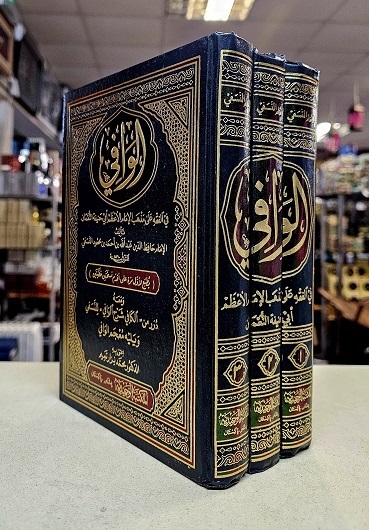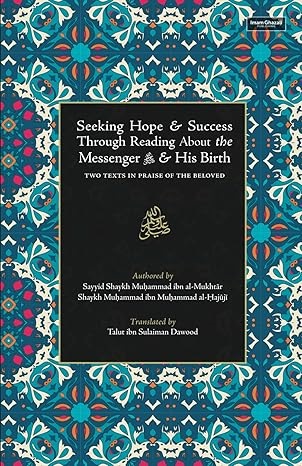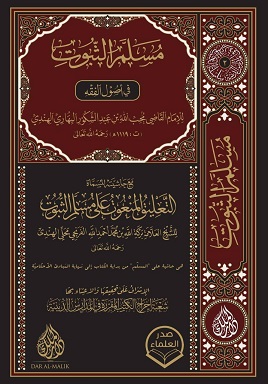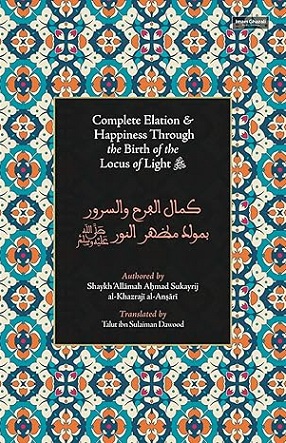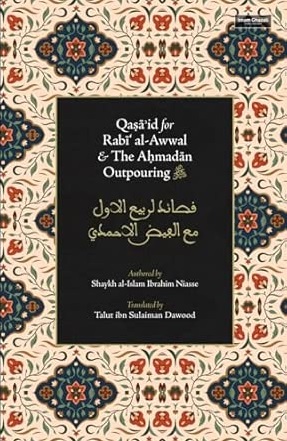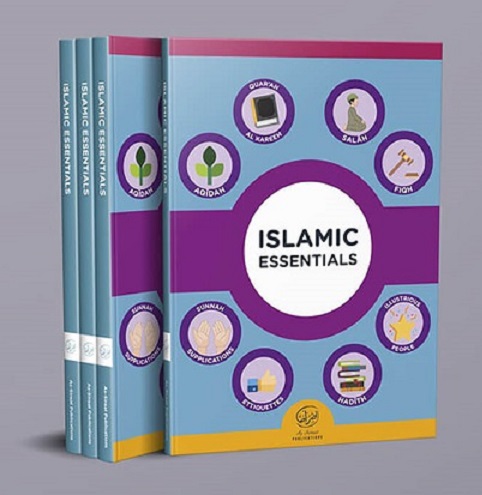Categories
God | TawhidQur'an -Hadith | Sunnah -Sira : Biography -Aqa'id : Doctrine -TheologyPhilosophyFiqh : Jurisprudence -Salah : Ritual PrayerRamadan & FastingHajj & UmrahZakat : CharityEidMawlid | Milad -Dalayl al-KhayratQasida BurdahAwrad & PrayersDu'a | Darood | Naat -Death | HereAfterJinn | AngelsTaweez | RuqyaDars e Nizami -Arabic & Language -Urdu & Language -Gujarati BooksBangla BooksOther Languages -DawahDawat e Islami EnglishDawat e Islami UrduSelf DevelopmentSufism - General Sufism Suhrawardiya Ahmad Ibn Ajiba Allama Iqbal Ali al-Hujweri Al-Sulami Farid al-Din Attar Hafiz al-Shirazi Ibn al-Arabi Ibn Ata' Allah Ibn Hajr al-Asqalani Imam al-Qurtubi Imam al-Qushayri Imam al-Suyuti Imam an-Nawawi Mawlana Rumi Sa'di al-Shirazi Sultan Bahu Sufi Defence Sufi Dhikr Sufi Healing Sufi Meditation Sufi Saints Sufi Wisdom Sufi WomenAshrafiya -Ba 'AlawiyaChishtiyaQadiriyaNaqshbandiyaRidawiyaShadhiliyaImam al-GhazaliCurrent AffairsPalestineInter FaithSocial Sciences -History -Science | Medicine -Health RemediesArt | Poetry -Calendars & DiariesDream InterpretationCuisine | Recipe BooksSistersMarriage | Parenting -Childrens Section -Madrassah | Syllabus -Audio | Video | PC -Clothing -Nalayn HatsEssentials -Black Seed ProductsItar | Bakhoor -Cards & BannersGift Ideas -ClearanceFree Items
Authors
- Home
- :: Sufism
- :: General Sufism
- :: The Secrets of Asceticism

